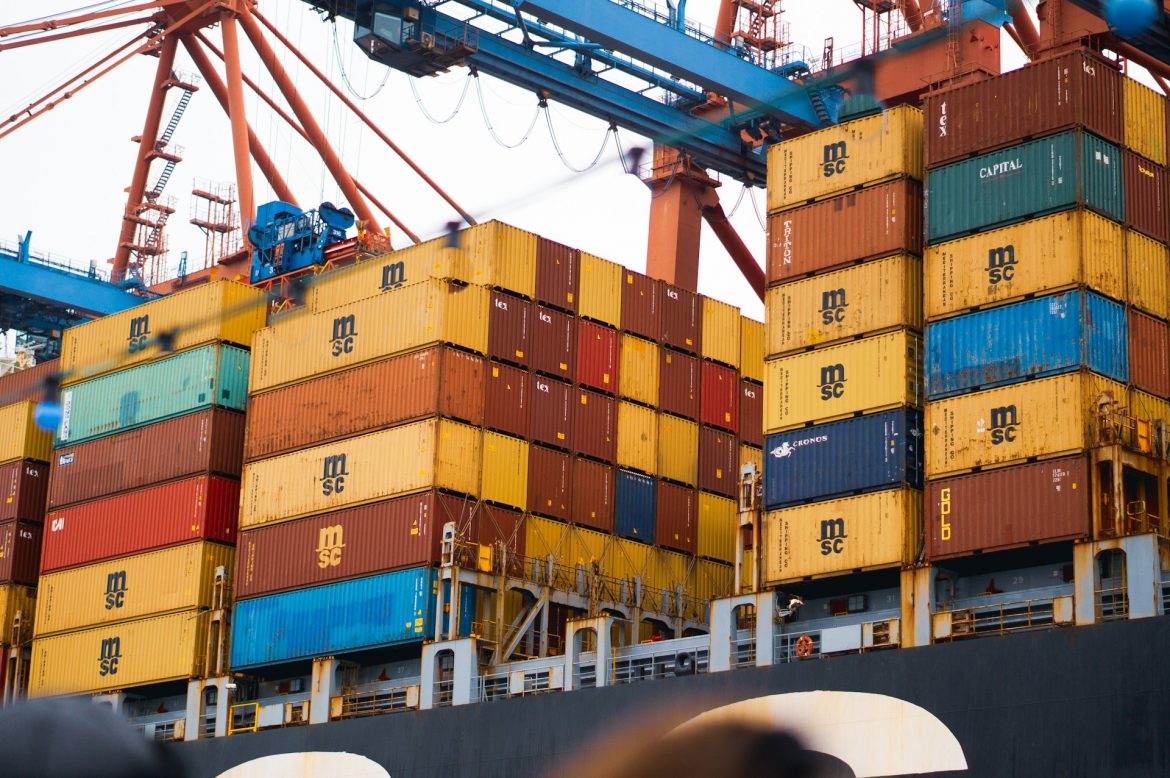Globalization is a big word that might sound complicated, but it’s really about how countries and people around the world are becoming more connected than ever before. This connection can happen through trade, technology, travel, and more. It’s like how you can play an online game with someone from another country or buy a toy that was made far away. But, like most things, globalization has its good and bad sides.
Economic Benefits
One of the biggest plus points of globalization is how it helps economies grow. Imagine a big company like Apple selling its iPhones all over the world. This not only brings money to Apple but also creates jobs in different countries where the iPhones are sold or made. Another example is Amazon, which makes it easy for people to buy products from different countries without leaving their homes.
More Jobs and Opportunities
Globalization can lead to more jobs in different parts of the world. For instance, a car company like Toyota might have factories in many countries, offering jobs to people who might not have had them otherwise.
Cheaper Products
When countries trade with each other, products can become cheaper. This is because each country can make what it’s best at and trade it for other things. It’s like if you’re really good at making cookies and your friend is great at making lemonade. If you swap, you both get to enjoy cookies and lemonade without having to make both.
Cultural and Environmental Costs
While globalization brings many economic benefits, it also has its downsides, especially when it comes to culture and the environment.
Losing Local Cultures
As countries become more connected, sometimes local traditions and ways of life can get lost. It’s like when everyone starts wearing the same brand of sneakers, like Nike, and traditional clothing becomes less popular. This can make the world feel a little less colorful and diverse.
Harm to the Environment
Globalization can also be tough on our planet. Making and shipping products around the world uses a lot of energy and can harm nature. For example, cutting down trees to make room for farms or factories can hurt animal homes and lead to less clean air for us to breathe.
What Can We Do?
So, what can we do to keep the good parts of globalization and reduce the bad parts? We can start by being mindful of what we buy and where it comes from. Supporting local businesses and products can help keep local cultures alive. When it comes to the environment, looking for products that are made in ways that don’t harm nature can make a big difference.
Conclusion
Globalization is like a big, complicated puzzle. It has pieces that fit together beautifully, making the world more connected and offering economic opportunities. But some pieces might not fit perfectly, leading to cultural losses and environmental challenges. By being thoughtful about how we fit into this puzzle, we can help make sure globalization works for everyone, both today and in the future.

